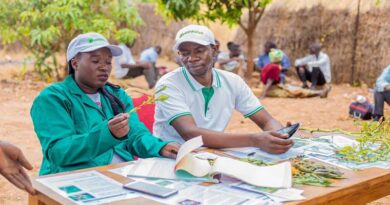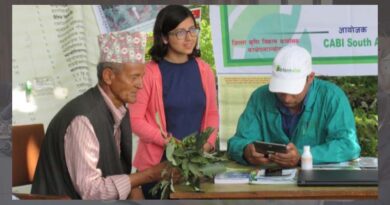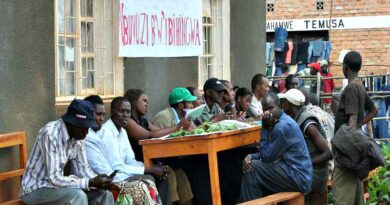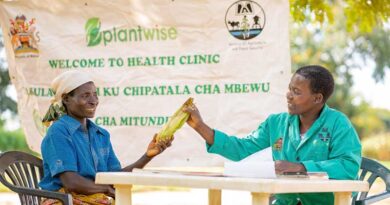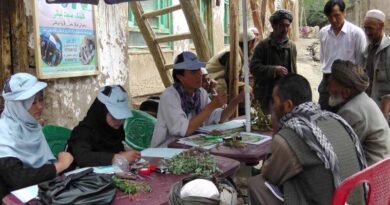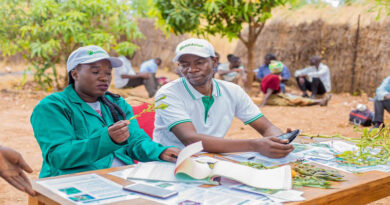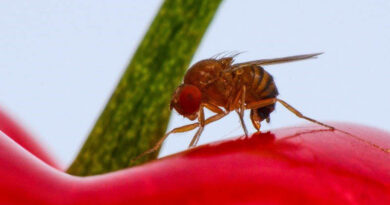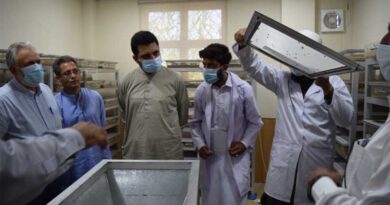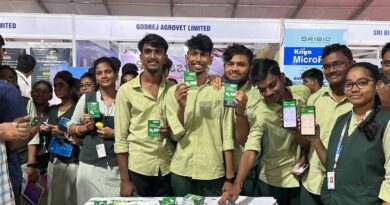Role of plant clinics in Nepal highlighted at 10th International Plant Protection Symposium
21 November 2023, Nepal: The important role plant clinics play to help smallholder farmers in Nepal grow more healthier and profitable crops free from pests and diseases has been highlighted at the 10th International Plant Protection Symposium.
The plant clinic programme in Nepal was initiated in 2008 with the operation of two pilot plant clinics with the support of the Global Plant Clinic (GPC). Later, the CABI-led Plantwise programme supported the plant clinic initiatives in Nepal from 2011-2020. CABI continues its support under the new PlantwisePlus programme by providing technical support and coordination at national level through National Forum.
The symposium, which was organised by the University of Debrecen, Hungary, brought to the fore the latest research findings on plant health and protection. These included aspects of food safety, the impact of climate change, the spread of pests and diseases and the opportunities offered by Integrated Pest Management (IPM).
Prominent academics, university instructors, commercial pesticide producers, and domestic and international researchers participated and presented their findings which will ultimately help smallholder farmers increase their livelihoods and regional and national food security.
Agriculture is the backbone of Nepal’s economy. It contributes 24.12% of the country’s total GDP and supports two thirds of people for their livelihoods. Agriculture advisory services and technology transfer of technology programmes, however, need to be strengthened to support the smallholder farmers in sustainable food production.
Diagnosis and mitigation of plant health problems
Dr Debraj Adhikari, Senior Plant Protection Officer, Plant Quarantine and Pesticide Management Centre, Hariharbhawan, Lalitpur, Nepal, gave an overview of the plant clinics in Nepal and how these advise smallholder farmers in the diagnosis and mitigation of their plant health problems and contribute to food security.
Dr Vinod Pandit, Acting Regional Director from CABI, South Asia; Madav Bhatta, Plant Protection Officer at the Plant Quarantine and Pesticide Management Centre in Nepal; Dr Dilli Ram Sharma, President of the Plant Protection Society, Nepal; and Sabitri Baral, Chief of the Plant Quarantine and Pesticide Management Centre, Nepal, and Head of the National Plant Protection Office (NPPO) of Nepal, also attended the symposium.
Mitigation advice which focuses on IPM technologies
Dr Adhikari said, “Plant clinics are one of approaches of agriculture extension services in Nepal. This is a demand-driven activity by the smallholder farmers. They concentrate on all types of crops and their technical problems and offers mitigation advice which focuses on IPM technologies.
“As such, the plant clinics support reducing unnecessary application of chemical pesticides. It also links research and extension systems and acts as pest surveillance in a particular locality.”
Dr Adhikari added that the contributions of plant clinics to the plant health system of Nepal also include the capacity development of agricultural advisory service providers’ technicians and the plant doctors and the development and distribution of extension materials. These include fact sheets and Pest Management Decision Guides (PMDGs), which are freely available on the PlantwisePlus Knowledge Bank.
Also Read: Global Fisheries Conference 2023 to be organized in India on 21-22 November at Ahmedabad
(For Latest Agriculture News & Updates, follow Krishak Jagat on Google News)


